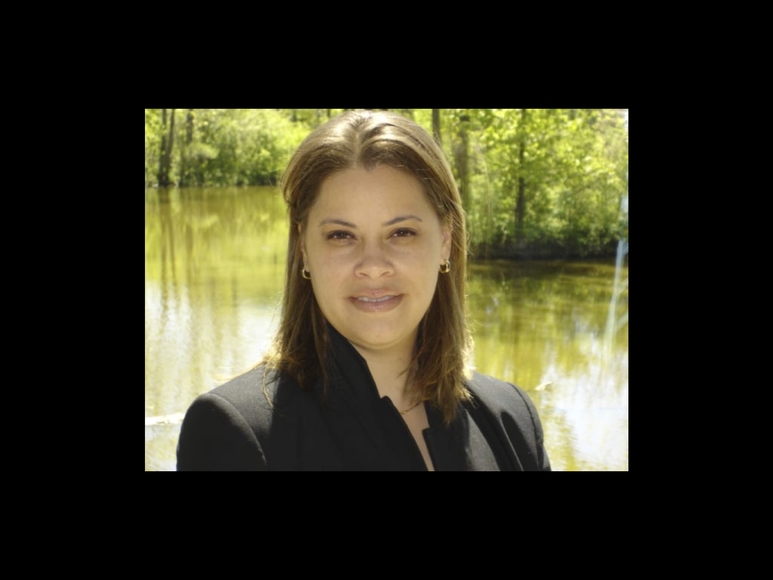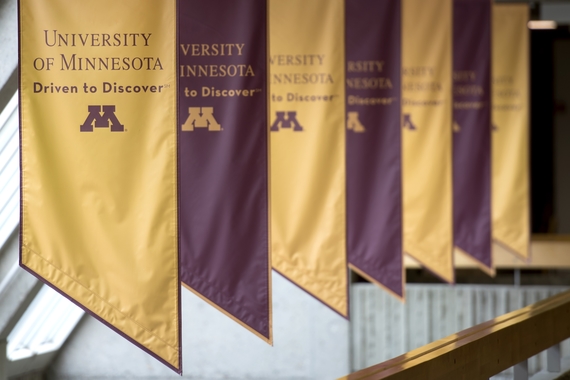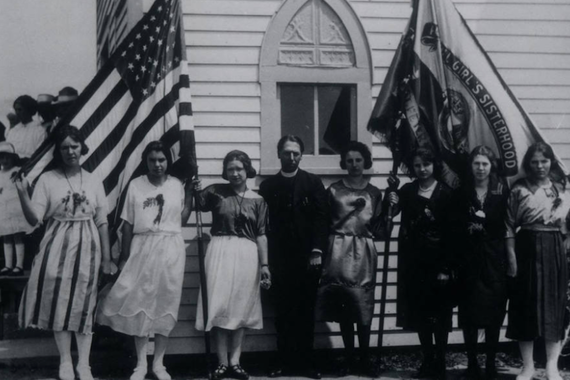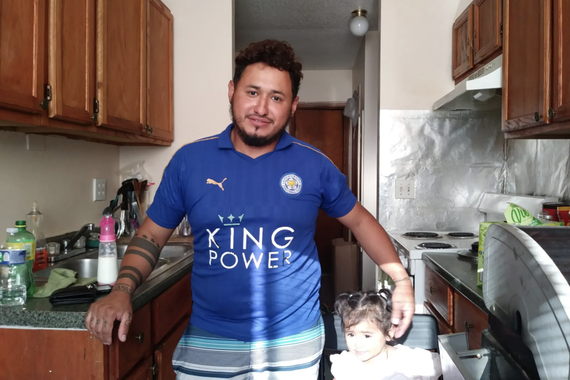The Refugee Question: Black Studies and Critical Refugee Studies in Juxtaposition
Friday, February 28, 2020
12:00pm-2:30pm
The Refugee Question: Black Studies and Critical Refugee Studies in Juxtaposition
Refugees are people who have been subjected to statelessness. Displaced from their homelands, they face “well-founded fear of being persecuted for reasons of race, religion, nationality, membership in a particular social group or political opinions,” to use the 1951 United Nations Refugee Convention’s definition. They are people without countries, or more specifically without the state as the arbiter of their rights and freedom. They are “political noncitizens,” existing beyond the bounds of the law and reach of sovereignty. In the aftermath of the total war and the Holocaust, the global community responded to this widespread crisis of statelessness by delivering the Universal Declaration of Human Rights in 1948 and later the United Nations Convention Relating to the Status of Refugees in 1951. These international protocols reaffirmed the role of the state in upholding and defending the rights and freedom of human beings.
The forum will offer a counterpoint. By culling historical and contemporary examples from African American life, this gathering, featuring Nicole A. Waligora-Davis, the author of Sanctuary: African Americans and Empire, will critique the norms and ideals that structure human rights, especially the valorization of the state as an arbiter of human freedom. Waligora-Davis will discuss mid-century African Americans’ collective political struggles that went well beyond civil rights discourse to trouble African Americans’ identification with the state. In the face of the re-entrenchment of Jim Crow racial order in the postwar years, the leading Black political activists, such as W. E. B. Du Bois and Paul Robeson, denounced state-sanctioned racism that relegated African Americans into the status of political noncitizens by boldly charging genocide in the United States. They turned to the United Nations to globalize the cause of the Black freedom struggle. We will juxtapose Black Studies and Critical Refugee Studies to explore the questions of political subjectivity, especially ontological discourse on what it means to be human in a world structured by assaults on the very fact of Black humanity and refugees and asylum seekers’ desires to live a committed human life.
Keynote Address

Dr. Nicole A. Waligora-Davis, Rice University
Nicole A. Waligora-Davis is an Associate Professor of English at Rice University. She specializes in late-nineteenth and 20th century African American and American literary and cultural criticism, with a particular emphasis on black intellectual history, black internationalism, legal studies, critical race theory, and visual culture. She is the author of Sanctuary: African Americans and Empire (Oxford University Press, 2011). An associate editor of the award-winning Remembering Jim Crow (New Press, 2001), Waligora-Davis's essays have appeared in numerous publications including the Cambridge History of African American Literature, the Cambridge Companion to American Literature after 1945, Centennial Review, African American Review, Modern Fiction Studies, and the Mississippi Quarterly. She is currently working on a book-length study titled, The Murder Book: Race, Forensics and the Value of Black Life.
Panel Discussion
-
Dr. Nicole A. Waligora-Davis, Rice University
-
Khoi Nguyen (Ph.D. Student, American Studies), University of Minnesota
-
Raven Ziegler, (Master of Human Rights Candidate, Humphrey School of Public Affairs; ICGC Fellow; and Martin O Sabo Fellow)
-
Moderated by Yuichiro Onishi, IHRC Acting Director


